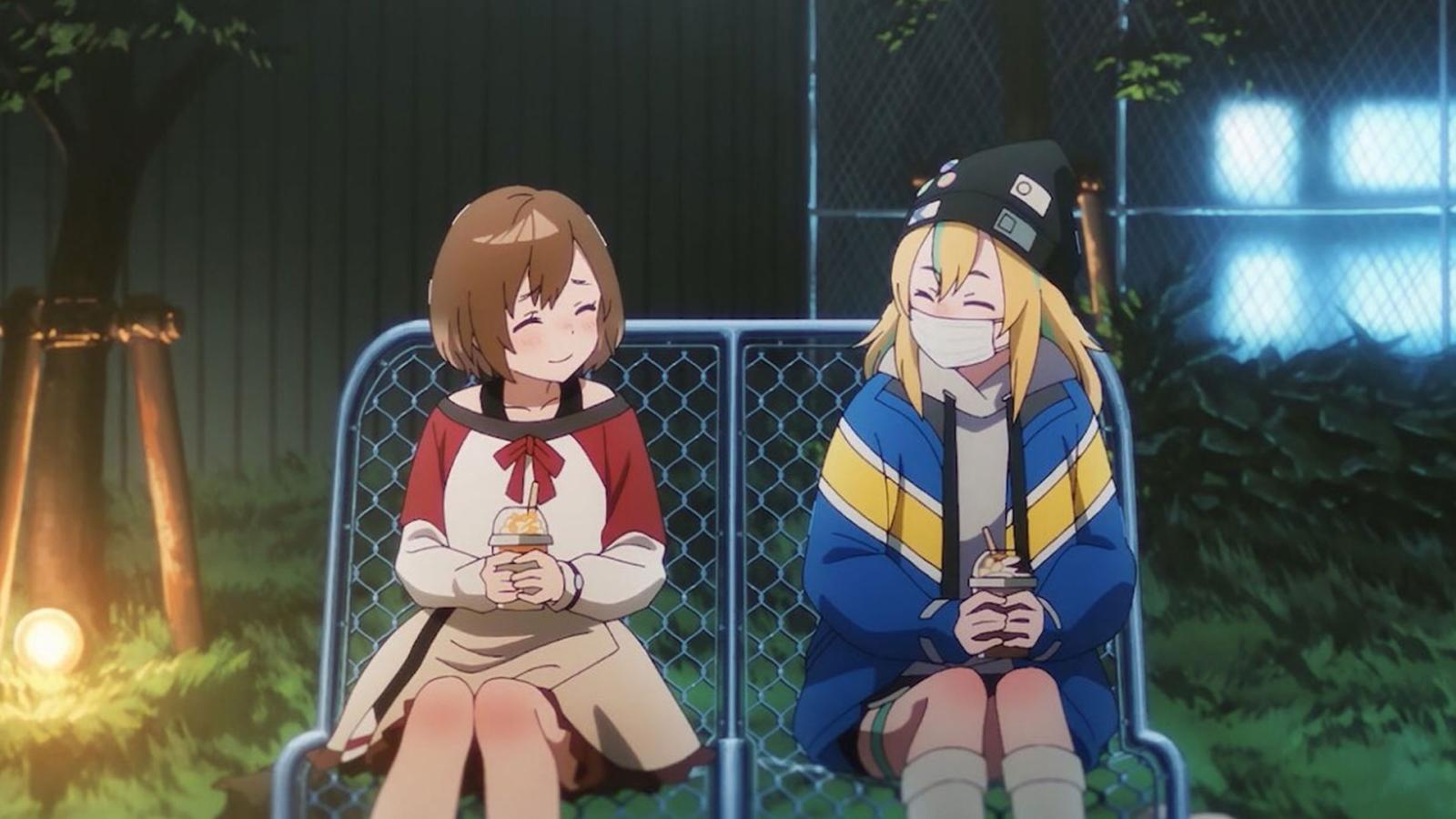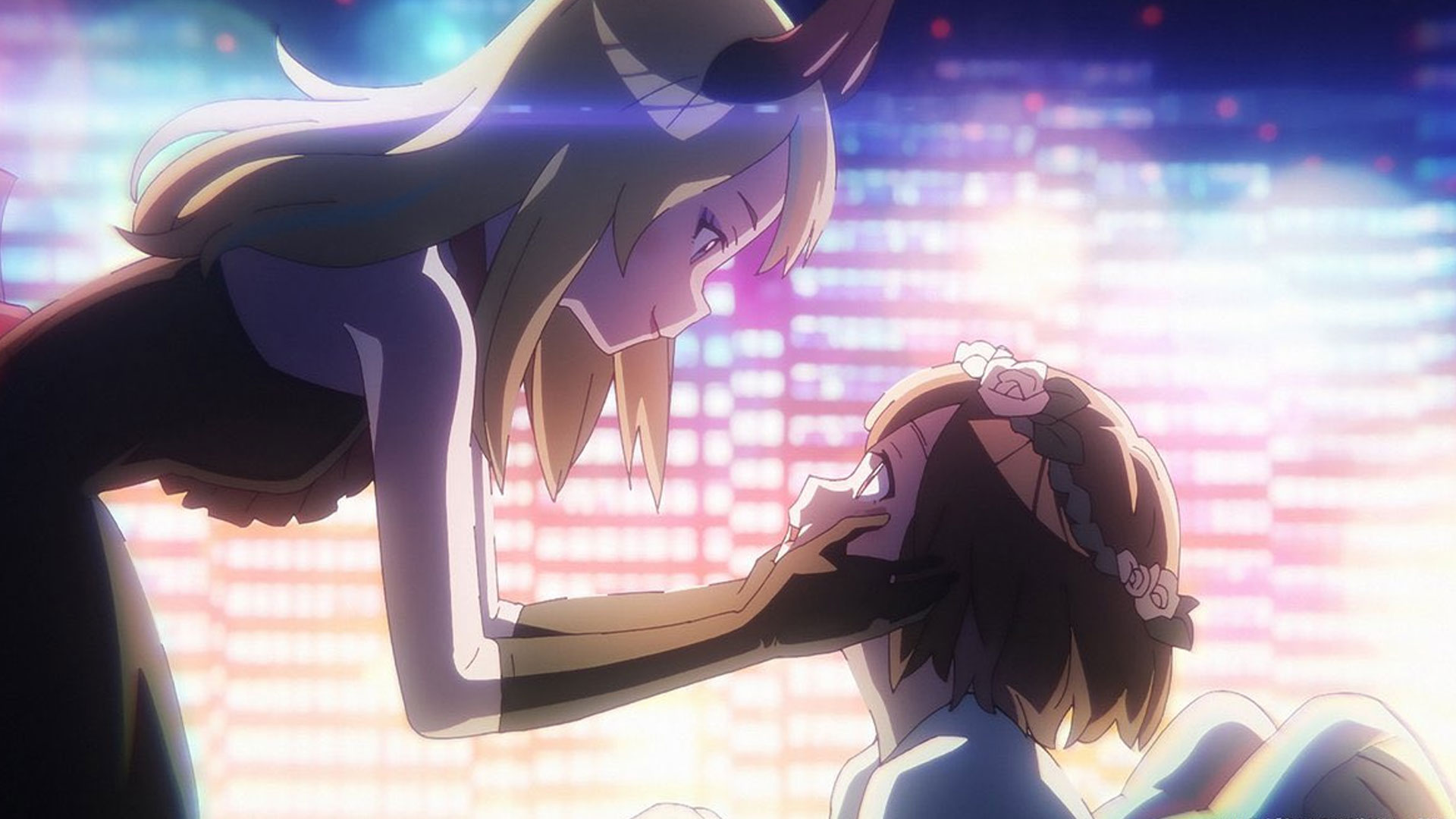The anime has already finished production.
Summary:
- Jellyfish Can't Swim in the Night is one of the more interesting anime airing this season.
- According to the director, production has already been completed.
- This is a good sign.
Jellyfish Can't Swim in the Night (Yoru no Kurage wa Oyogenai) is a very exciting original anime project this season. Following a group of girls who decide to pursue their dream and start an anonymous band, it looks like an interesting mix of slice-of-life and drama — at least, from the first episode.
Another thing that its premiere was praised for was the production. More specifically, the direction and animation were top-notch. However, just saying that doesn’t show the full picture: the anime has already been fully produced.
Why Is This a Big Deal?

Most of the time, anime is being produced as it airs, with episodes being made on a weekly basis, usually a few weeks in advance. Sometimes, this kind of production schedule is too hard to keep up with — that’s when you get recaps and delays.
Some studios, such as Shaft, are infamous for submitting the episodes to TV networks just before they are supposed to air — and then re-drawing them almost entirely for Blu-ray.
An anime being produced before the season airs is a sign of a healthy production. It means that the staff had the time they needed to fully animate the series. Usually, this is something the Kyoto Animation studio is famous for — although lately, it’s been the case with some other (mostly anime-original) series.
Jellyfish Can't Swim in the Night Has Already Finished Production
As the director of Jellyfish Can't Swim in the Night, Ryouhei Takeshita, stated in his X (formerly Twitter) account, the anime is already fully made and ready for airing. This excites the fans — if anything, the production will be consistently amazing.
Others compare it to the other hyped original anime this season, Train to the End of the World (Shuumatsu Train Doko e Iku?) — which didn’t even have its fourth episode ready as the first one premiered.
That one is a reason for concern about the production — granted, it was somewhat expected, as Doga Kobo (the studio for Jellyfish) is a much bigger name than EMT Squared (the Studio behind Train).
Impact on the Industry
Still, this kind of news about production from the director of the anime himself shows the rise in transparency among anime industry workers.
It seems that at least some changes are slowly happening, and perhaps in a decade or two, the problems within the industry will be dealt with. Or, at least, fans want to feel that way.

